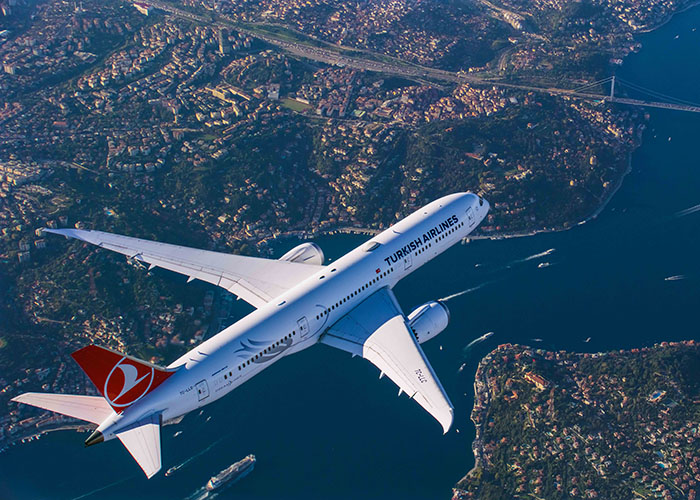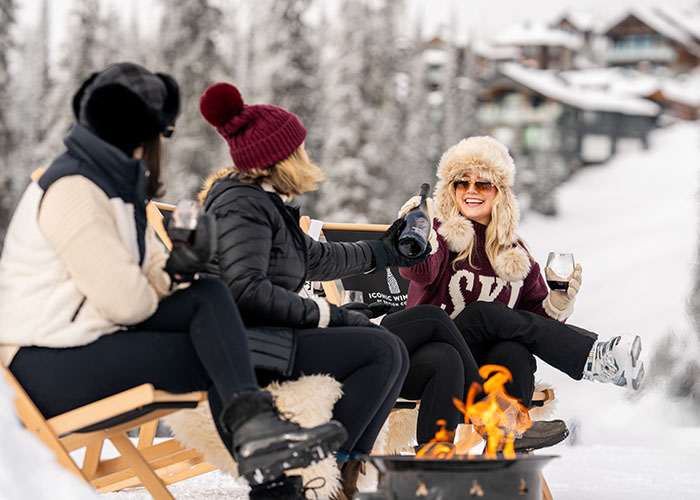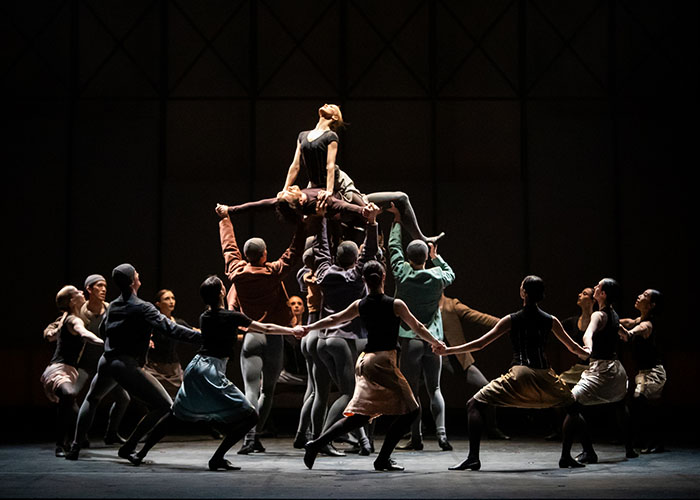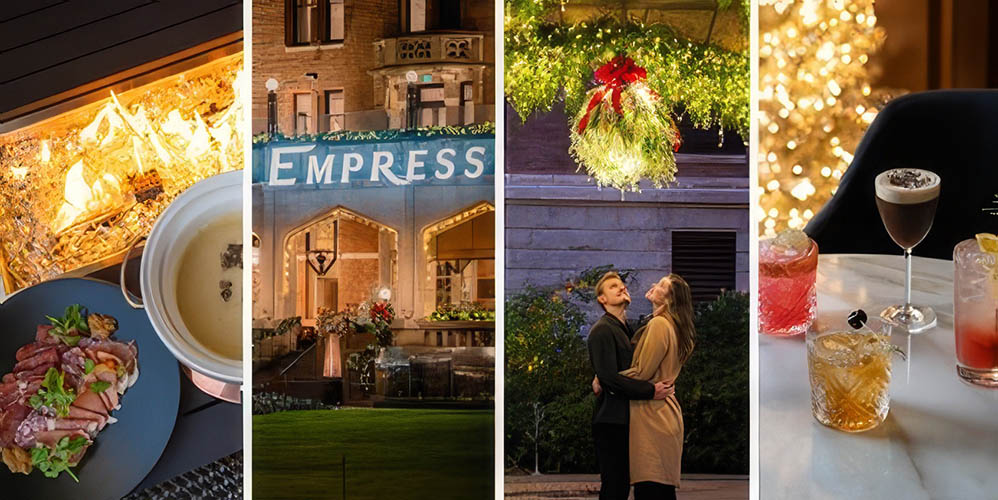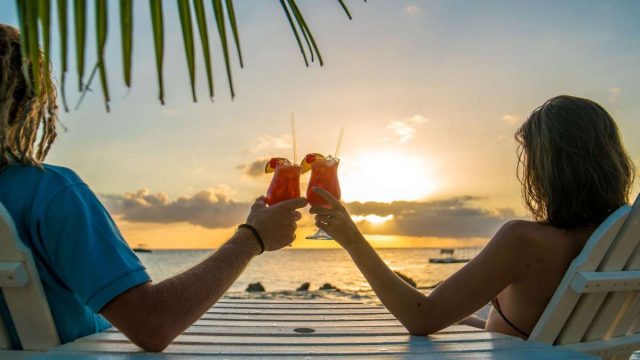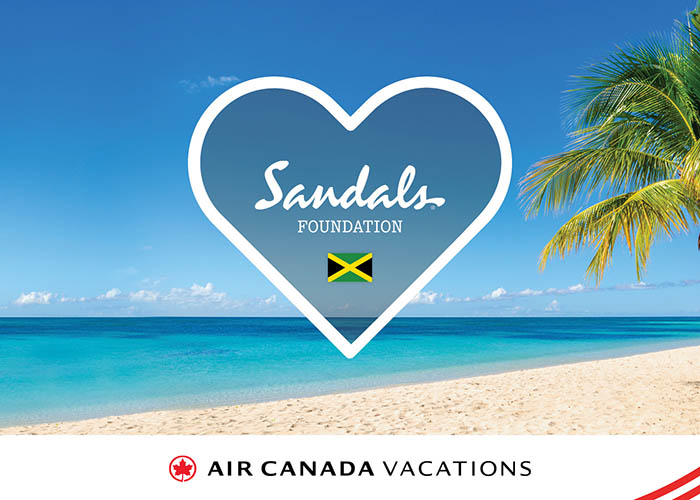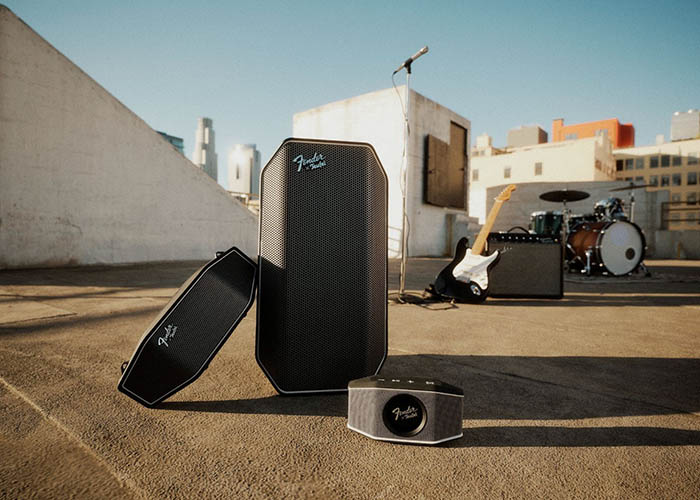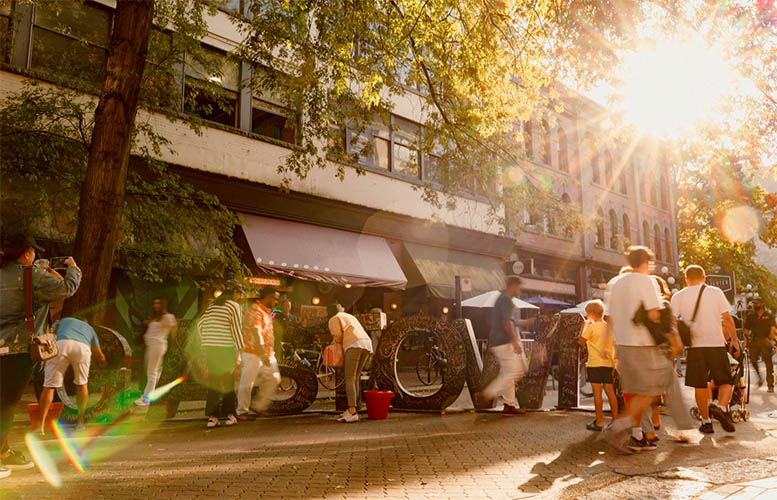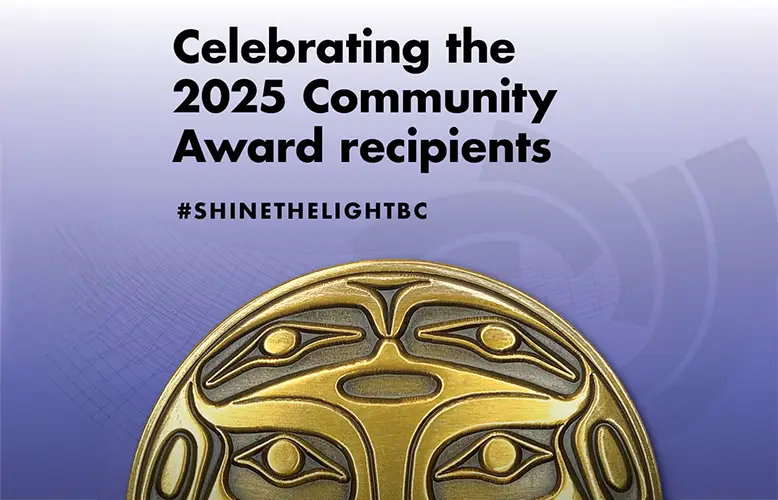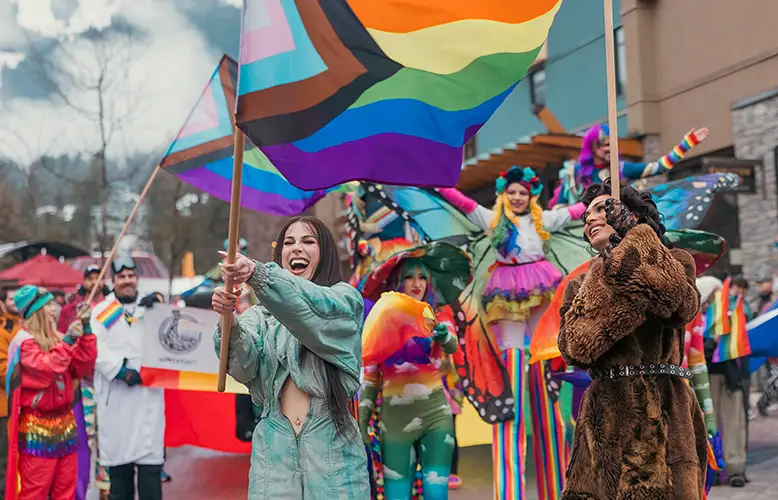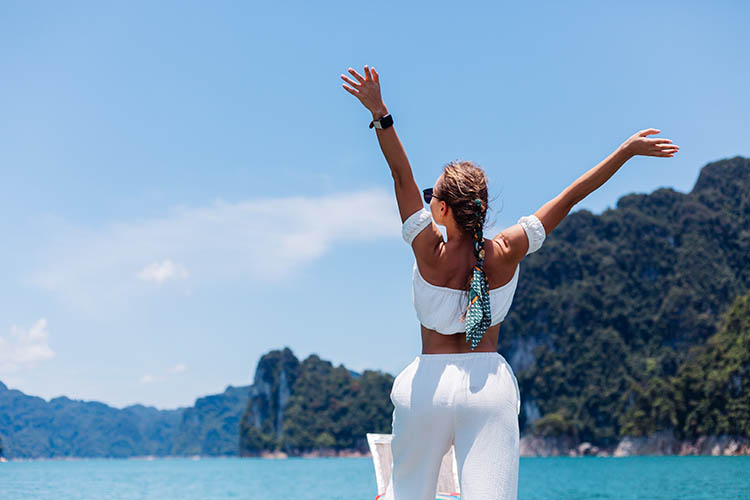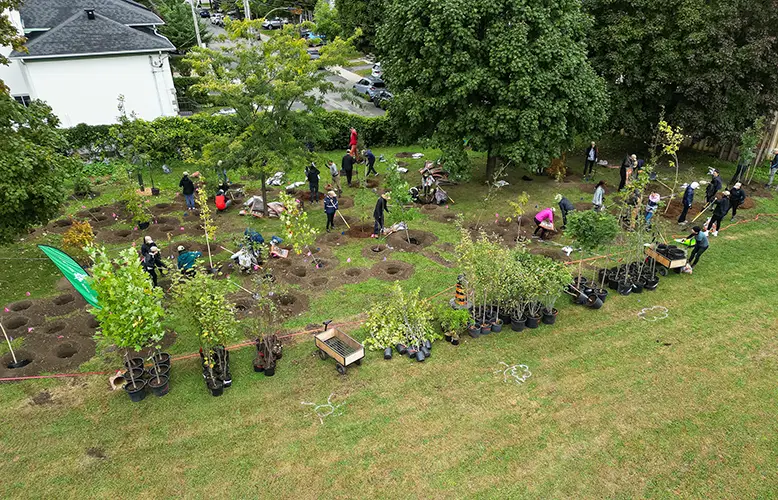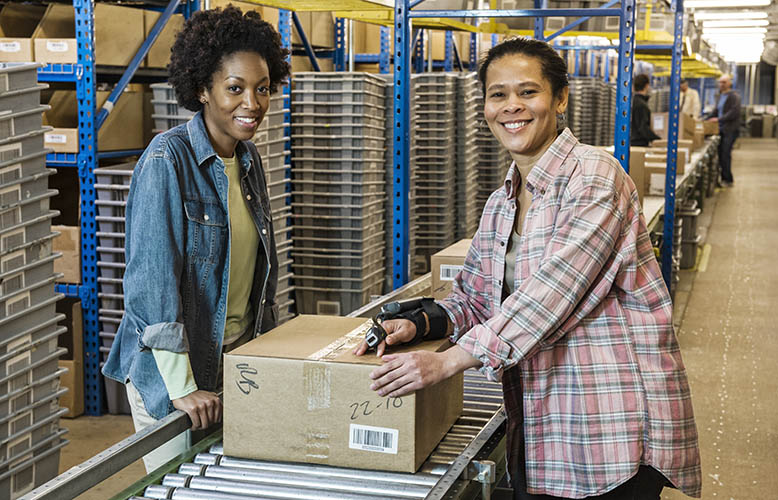Now in its tenth year, Booking.com’s Travel Predictions spotlight how people want to experience the world. Over the years, these insights have revealed shifts in travel, from Cool-cationers avoiding extreme heat to Conscious Travellers reshaping destination choices through social and environmental awareness.
Looking ahead to 2026, the research shows that vacations are becoming more individual, more experimental, and more plugged into any niche your heart desires. From mystical detours to high stakes compatibility tests and tech-driven glowcations, each trip is an expression of self: this is who I am, this is what I want, and this is what I love.
Based on insights from more than 29,000 travellers across 33 countries and territories, including 1,018 Canadian travellers, Booking.com is using this research alongside its unique position as an industry leader in travel and technology to uncover ten defining trends for 2026.
Romantasy Retreats: Escaping Into Enchanted Worlds
In 2026, with the literary fantasy worlds of dragons, fairies, and other mythical creatures exploding in popularity, expect to see vacations become immersive storyscapes where mystical forests and medieval castle banquets set the stage for otherworldly romantasy retreats.
More than half (62%) of Canadian travellers agreed they’d potentially be interested in visiting a destination inspired by romantasy, and almost half (44%) are open to taking part in a role-play retreat based on their favorite fantasy game, book or film. Nearly three quarters of Canadian travellers (72%) are open to AI-powered suggestions that match fantasy aesthetics, recommend secluded “storybook” stays, or pinpoint real-world filming locations. No longer confined to fiction, fantasy will become a travel blueprint, offering enchanted escapes where imagination and adventure become the protagonists.
Turbulence Test: Love, Friendship, and Teamwork on Trial
Vacations aren’t just for recharging, in 2026 they will become the ultimate compatibility check as many travellers plan to use time away to test relationships. 65% of Canadian travellers are open to taking a trip with a potential partner, colleague or new friend, specifically to see how well they click. And the ways travellers are testing relationships as creative as they are revealing.
More than half (54%) would consider travelling to a remote location to see how their companion handles ambiguity and discomfort. 50% are intrigued by role-reversal retreats, where the usual planner hands over control or the introvert takes the lead, and an equal 50% would embrace travel with clear constraints, such as budget limits, language barriers, or limited connectivity. Meanwhile, 65% would take the backseat to see if their travel partner steps up to plan the trip.
These turbulence tests highlight a shift in how people approach vacations: not just as escapes, but as immersive ways to understand compatibility, adaptability, and teamwork. Canada’s Gen Z travellers are the most experimental of all, with 80% open to custom itineraries designed to simulate real-life dynamics and test connections in ways that will either soar or stall.
Modern Milestone Missions: Travel That Celebrates YOU
Travellers in 2026 will rewrite the rulebook on when and why. No longer reserved for weddings, anniversaries, or having a baby, today’s personal milestones can be anything you want them to be as societal norms continue to shift and evolve. Two-thirds (64%) of Canadian travellers say they don’t need a reason to book a trip, and three-quarters (76%) justify booking a vacation simply because they’ve worked hard and deserve it.
New, celebratory reasons to book a trip are growing in variety, including receiving a surprise tax refund (23%), a sobriety or fitness milestones (22%), toasting a new job or promotion (18%), or marking the closure of a breakup (14%).
The range of motivations to book a trip highlights how travellers are embracing any personal achievement they so choose, and using travel to stamp their individual life journeys.
Hushed Hobbies: Quiet Pursuits for a Louder Sense of Calm
Silence will be golden in 2026, as travellers look to swap the noise and distractions of daily life for the soothing stillness of nature. 42% of Canadian travellers say they would vacation specifically to feel closer to the natural world (including 46% of Gen Z), and 21% turn to “quieter” hobbies on vacation. From insect spotting and birdwatching to fishing and foraging, travellers are increasingly interested in pastimes that nurture a deeper connection and close observation to the natural world.
In a bid to connect more deeply with their natural surroundings, half of Canadian travellers (49%) say they would consider moth/butterfly watching or insect spotting, 71% fishing or birdwatching, and 58% staying at a hotel where they are involved with foraging in local nature and wilderness hotspots for their meals. Even in this quest for quiet, technology has a subtle role to play in apps that identify butterflies and birds in real time nad AI tools that inform you on trails, habitats, or seasonal migration patterns.
By slowing down and letting nature take the lead, travellers are redefining what it means to recharge by finding clarity not in doing more, but in embracing less.
Glow-cations: Skincare Specific Travel, Driven by Tech
Wellness travel will get a serious glow-up in 2026 with 69% of Canadian travellers open to booking a dedicated glow-cation featuring multiple skin-specific treatments tailored to their personal skincare needs. What used to be simple spa escapes are going high-tech with 50% saying they would consider using AI to identify destinations aligned with their personal skin needs.
The appetite for personalization runs deeper than ever, with 66% of Canadian travellers open to personalized hydration stations that adapt to local climate and activity, while 53% are intrigued by smart mirrors analyzing pores and hydration to provide real-time skincare advice. Sleep optimization is also central, with 70% interested in enhancement suites designed with circadian lighting and soundscapes to improve rest, a vital factor in skin repair and regeneration.
From ancient thermal rituals to cutting-edge DNA and microbiome testing, glow-cations mark a new era of skin specific wellness travel, where the goal is not just to recharge, but to return home visibly renewed.
Destined-ations: Travel Written in the Stars
From moon phases to astrology, “woo woo” mystical practices will become a new compass to guide 2026 travel decisions, turning vacations into journeys that feel spiritually aligned and cosmically approved.
39% of Canadian travellers say they would consider changing or cancelling their plans if a spiritual advisor or guide suggested it was not the right time, while 35% would reconsider trips based on a horoscope warning, and 32% would adjust if Mercury was in retrograde.
More than a third (35%) of Canadian travellers say they consider cosmic influences when planning vacations, from timing trips with moon phases or solstices to visiting energy-rich sites. 57% of Canada’s Gen Z and 50% of millennials are particularly attuned to this sense of spiritual exploration, proving that for younger generations, the path to self-discovery might just be written in the stars.
Humanoid Homes: The Optimized Future of Vacation Rentals
2026 will see an evolution into vacation accommodations with “humanoid homes” blurring the line between practicality and play and setting the stage for stays that feel both comfortable and truly unforgettable.
Canadian travellers are ready to embrace this next frontier of comfort-meets-curiosity, with 68% open to booking a robotic-enhanced home. Practical perks lead the way as more than half of those interested (53%) say cleaning bots would sway their booking choice, while 45% are most excited about a robotic chef, and a quarter (22%) want robotic smart systems quietly optimizing water, energy, and waste in the background.
But it’s not just about convenience. For many, it’s the novelty (27%) of staying in a home that feels straight out of science fiction.
Shelf-ie Souvenirs: Turning Kitchen Shelves into Cultural Showcases
In 2026, the humble kitchen cupboard is becoming a cultural canvas, with travellers increasingly seeking edible and design-led souvenirs that turn everyday kitchens into showcases of global culture.
Nearly two-thirds of Canadian travellers (62%) say they would consider buying locally designed kitchenware or pantry items on vacation, like hand-painted spice jars or tins of artisan olive oil that double as décor. Almost half (43%) would even consider travelling to a destination specifically known for its pantry products or kitchenware.
This shift is as much about meaning as aesthetics. More than a quarter (28%) say edible souvenirs help them relive a destination each time they cook, while 19% value how these items showcase local craft, sustainability, and traditional methods. For others, exclusivity and style play a role, with nearly one in five (17%) choosing destinations for rare souvenirs, limited-edition cookware, or packaging that looks as good on a shelf as it does on social media.
PastPorts: Travelling Back to the Future
In 2026, nostalgia will become something we can step back into, with technology helping make that possible.
61% of Canadian travellers would consider recreating a favourite old photo by using AI-powered photo mapping to identify the exact location it was taken, and then travelling there. More than half of these travellers (57%) say their main motivation would be to revisit a memory with family or close friends, while 43% are drawn to destinations that make them feel young, connected, or at home.
For many, these trips are deeply emotional. More than a third (37%) of Canadian travellers see these journeys as milestones, which can look like reconnecting with people from the past (35%), or even gaining closure by returning to places tied to difficult memories (19%).
Roadtrip Rewired: Merging Community and Technology on the Open Road
The combination of technology and social opportunity is redefining what a road trip can be: part exploration, part community, and entirely efficient.
Canadian travellers expressed that they are drawn to road trips that make travel more spontaneous and flexible (72%), lets them meet new people (70%), and allows them to share driving responsibilities (76%). 79% are open to carpooling on vacation and almost half (47%) are willing to use an app to find travellers on a similar route.
Younger generations are leading the way in tech on the road, with 77% of Canadian Gen Z open to using self-drive vehicles or AI to shape their routes, compared with just 29% of Boomers. 58% of Canadian travellers saying they would use AI or generative AI to map scenic, off-the-beaten-track routes they may not otherwise have found.
James Waters, Chief Business Officer at Booking.com comments: “In 2026, travel is becoming a reflection of who people truly are, with journeys built around interests that perhaps in the past felt too niche or bold to explore. Travellers are stress-testing relationships, stepping into fantasy worlds, turning their kitchens into reflections of their journeys, and looking at new ways to experience road trips and vacation rentals with enhanced technology features. At Booking.com, we’re continuously evolving to make it easier for everyone to experience the world and fully lean into their dream trips by offering more choice, flexibility, and convenience than ever before.”
For more information about Booking.com’s 2026 Travel Predictions, please visit: https://www.booking.com/articles/travel-predictions-2026.html.






